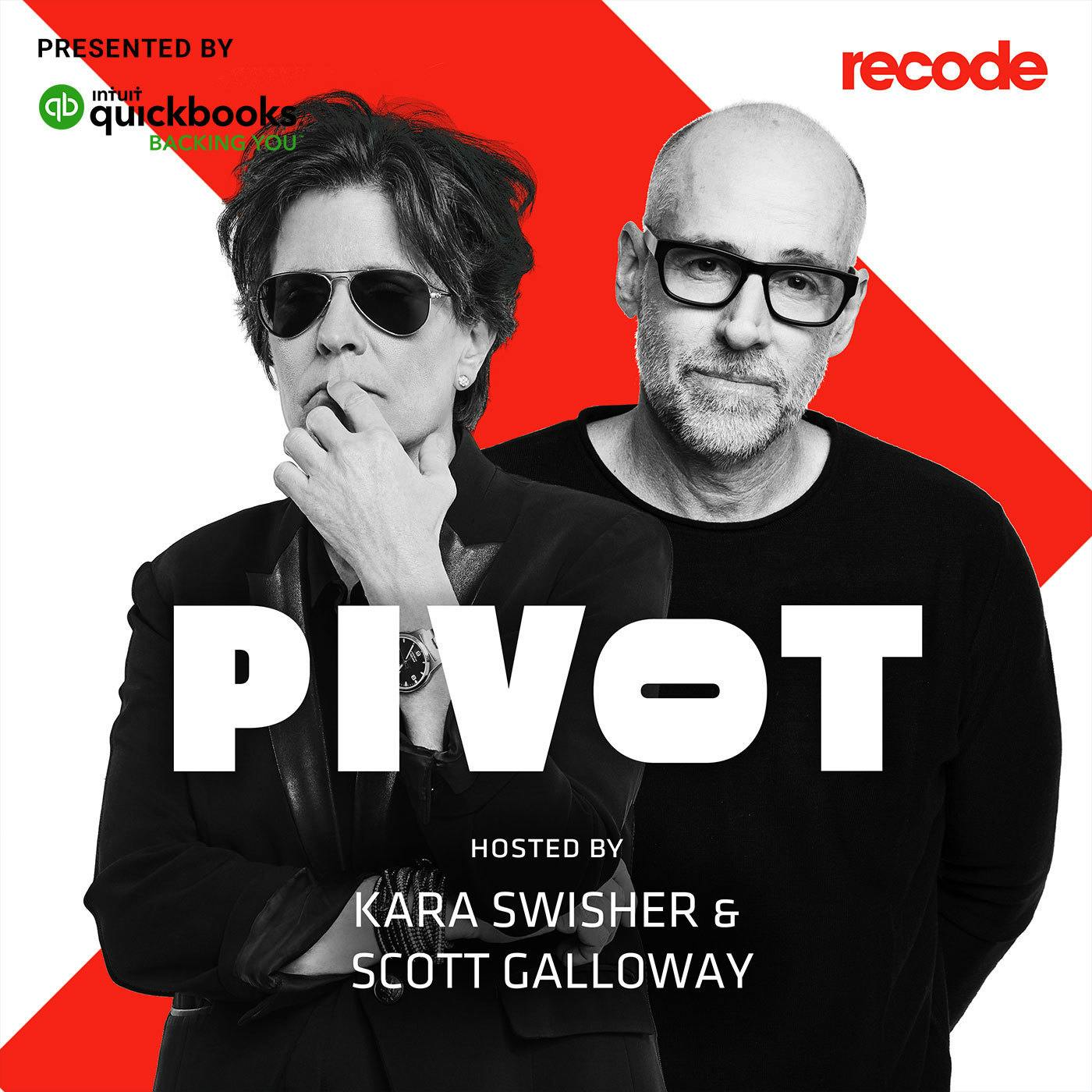Tim Cook’s 'data industrial complex,' Uber’s IPO and Saudi money
Kara and Scott talk about Apple CEO Tim Cook's latest critiques of Facebook and Google; the fact that Uber's IPO could value the company at as much as $120 billion; and the ethical question of what to do if you're a startup that could raise money from Saudi Arabia, or a tech company that already has. Plus: Scott goes car-shopping for Kara, and the implications of Facebook losing another Oculus co-founder.
Learn more about your ad choices. Visit podcastchoices.com/adchoices
Learn more about your ad choices. Visit podcastchoices.com/adchoices
Press play and read along
Transcript
Transcript is processing—check back soon.
Pivot — Tim Cook’s 'data industrial complex,' Uber’s IPO and Saudi money

